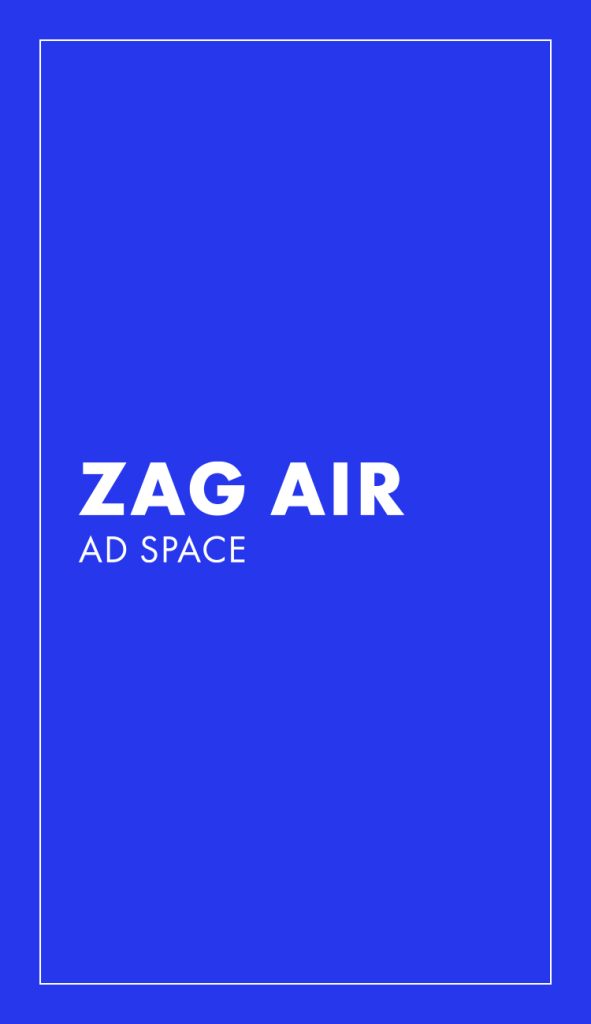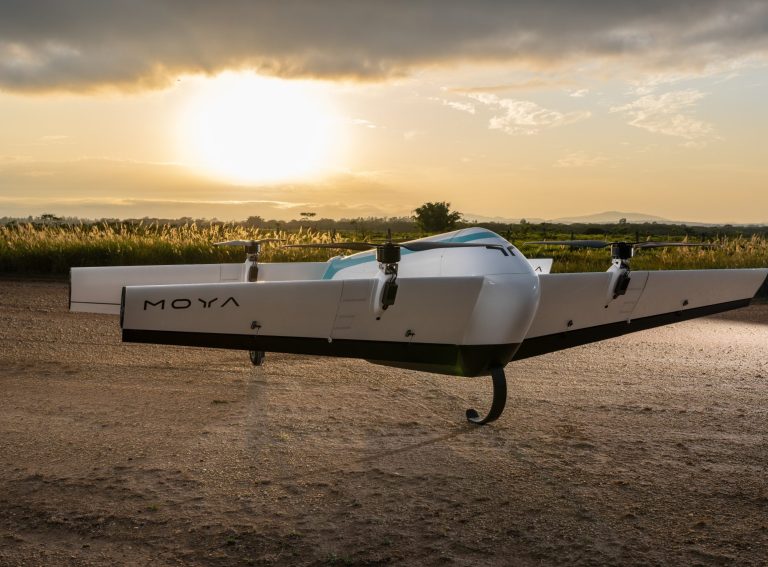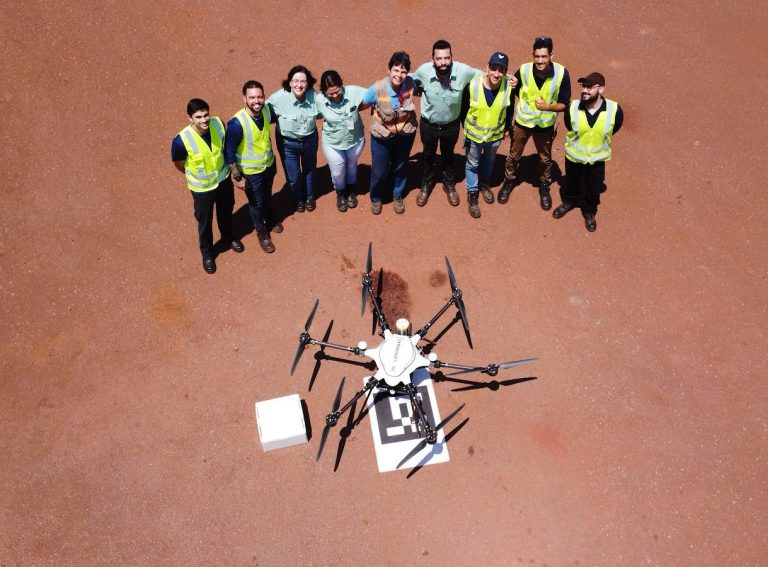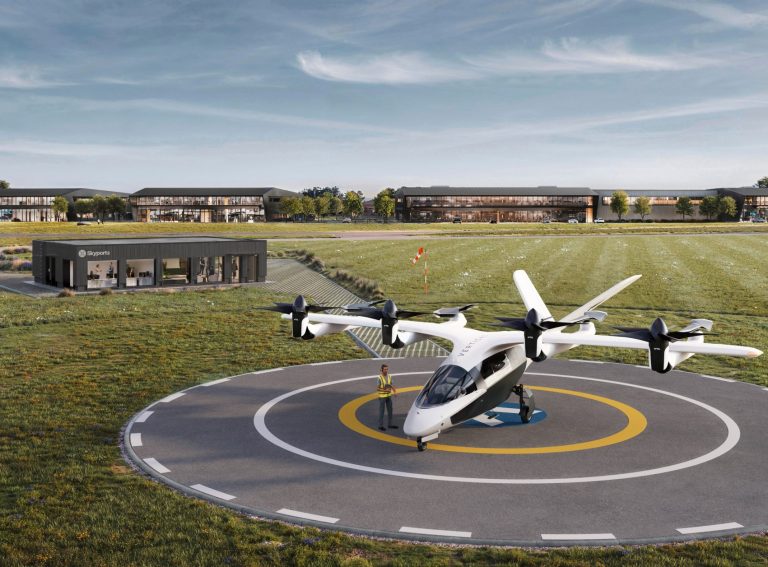The Advanced Air Mobility Institute has found public safety to be the most beneficial application for Advanced Air Mobility (AAM) when analysing the different use cases.
Public safety using AAM technology relates to purposes such as emergency response, disaster relief, and routine tasks for first responders.
The AAM Institute’s summary report highlights 60 speakers from across 48 countries, and gathers responses from Liaisons who attended the 2024 Global Advanced Air Mobility Forum to determine the priorities for AAM.
“The Forum is designed to bring practitioners and thought leaders together to exchange ideas, while the Summary Report is aimed at synthesising concepts, analysing survey results, and driving consensus around shared values,” AAM Institute Founder and President Dan Sloat told Zag Daily.
“Those values are Safety, Dignity, and Security. We believe that AAM use cases that save lives and reduce harm should be prioritised. We believe that mobility policies should not only avoid infringing on human rights, but we should craft them to bolster civil and environmental rights along the way. And we believe that in an increasingly connected world, we have an obligation to shore up system vulnerabilities early and often.”
37.2% of Liaisons believe ‘Public Safety aka Drones as First Responder’ to be the single most important application of AAM.
Air medical transport ranked as the second top use case for aviation technologies, with 69.8% of Liaisons including ‘Air Medical Transport aka eVTOL as Air Medical Service (eAMS)’ in their top three rankings.
In comparison, air taxis were ranked last with 48.8% of Liaisons believing they are the least important use case for broad public benefit. The report states that this is presumably because of their high-cost perception for everyday citizens.
Nevertheless, air taxis have seen large sums of funding in recent months such as Archer recently raising $220 million in its latest funding round, and Eve Air Mobility securing $94 million worth of pre-orders.
Another focus of the Forum was on the regulatory landscape of AAM as well as public sentiment. Legislative changes was rated the most popular factor for driving AAM progress, with 36% of Liaisons highlighting its importance.
The report found the Asia Pacific and the Middle East to have strong public sentiment towards AAM, driven by strong government support and ambitious infrastructure projects such as NEOM. Central Europe was found to include all ‘Optimistic’, ‘Neutral’ and ‘Cautious’ public sentiment, reflecting concerns over safety, regulatory readiness and social acceptance.
Moreover, the Forum discussed partnership opportunities to drive the industry forward, and the challenges faced by the industry such as regulatory uncertainty, economic instability, and infrastructure-related challenges.




